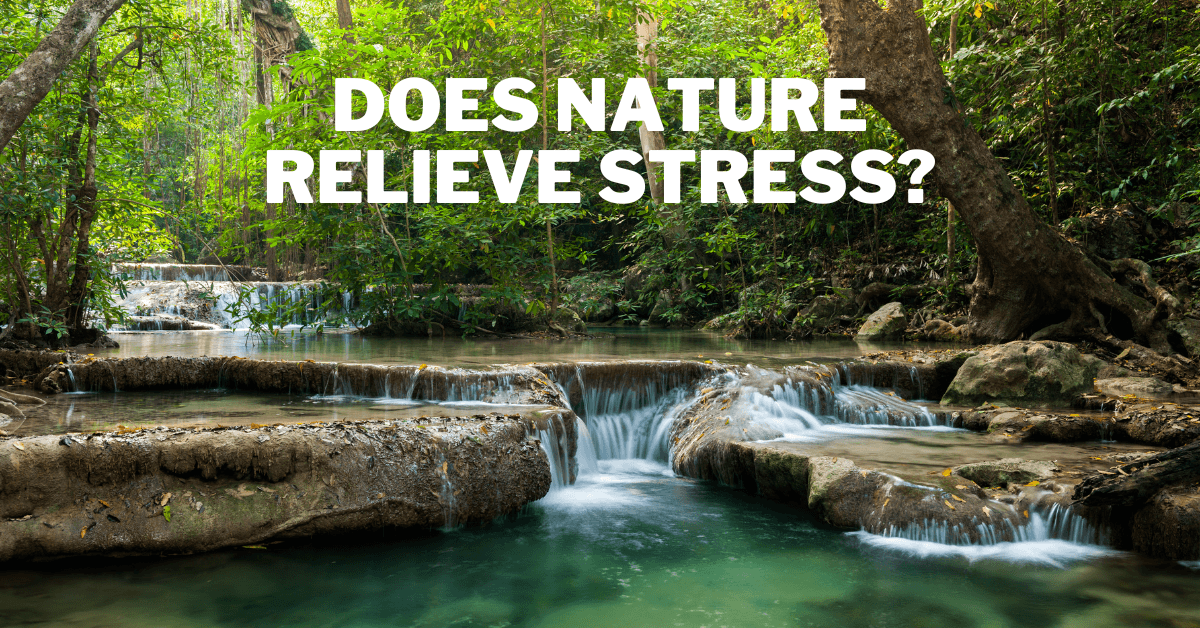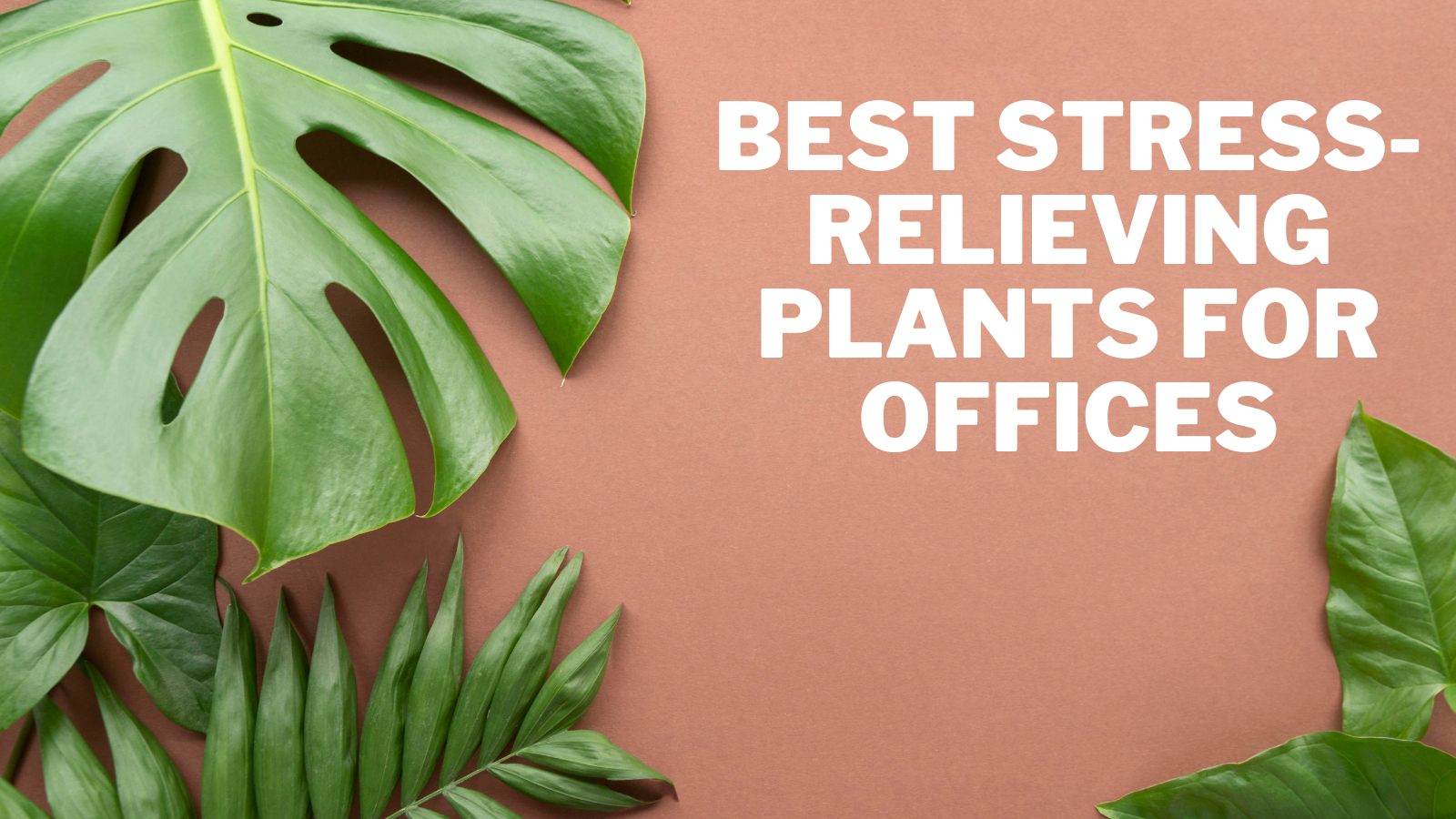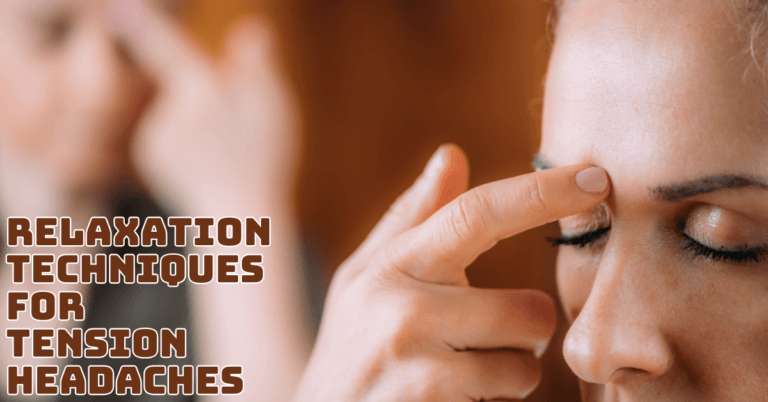Does Nature Relieve Stress
Does Nature Relieve Stress
Research reveals that environments can increase or reduce stress, impacting our bodies. What you are seeing, hearing, and experiencing at any moment changes your mood and how your nervous, endocrine, and immune systems are working.
The stress of an unpleasant environment can cause you to feel anxious, sad, or helpless. This elevates your blood pressure, heart rate, and muscle tension and suppresses your immune system. A pleasing environment reverses that.
And regardless of age or culture, humans find nature pleasing. In one study cited in the book Healing Gardens, researchers found that more than two-thirds of people choose a natural setting to retreat to when stressed.
Spending time in nature can help relieve stress and anxiety, improve your mood, and boost feelings of happiness and well-being.
Whatever you call it – forest bathing, ecotherapy, mindfulness in nature, green time or the wilderness cure — humans evolved in the great outdoors and your brain benefits from a journey back to nature.
Spending just 20 minutes connecting with nature can help lower stress hormone levels, according to a study on April 4, 2019, Frontiers in Psychology.
Previous research has shown that interacting with nature reduces stress, but it is unclear how long and often the engagement needs to be or what kind of nature experience is best.
Here, researchers asked 36 people to spend 10 minutes or longer, three days a week for eight weeks, in an outdoor place where they could interact with nature. The settings varied from yards to public parks to green areas near their place of work.
They also either walked or sat during their nature time. Cortisol levels, a stress hormone, were measured from saliva samples taken before and after nature outings.
The people also were instructed not to exercise beforehand and to avoid unrelated stimuli like social media, phone calls, conversations, and reading.
In a study of 20,000 people, a team led by Mathew White of the European Centre for Environment & Human Health at the University of Exeter found that people who spent two hours a week in green spaces — local parks or other natural environments, either all at once or spaced over several visits — were substantially more likely to report good health and psychological well-being than those who don’t.
Two hours was a hard boundary: The study, published last June, showed no benefits for people who didn’t meet that threshold.
The effects were robust, cutting across different occupations, ethnic groups, people from rich and poor areas, and people with chronic illnesses and disabilities.
“It’s well-known that getting outdoors in nature can be good for people’s health and well-being, but until now we’ve not been able to say how much is enough,” White said.
“Two hours a week is hopefully a realistic target for many people, especially given that it can be spread over an entire week to get the benefit.”
The study by White and his colleagues is only the latest in a rapidly expanding area of research that finds nature has robust effects on people’s health — physically, mentally, and emotionally.

Research On Nature's Effects On Stress
Aside from the mental and physical benefits of spending time in nature, studies show that nature can reduce stress.
One study published in Science showed that people who walked in a natural setting for 10 minutes experienced lower cortisol levels, the hormone that regulates stress responses.
Another study found that natural settings such as gardens positively impact our immune systems by increasing the number of white blood cells we produce.
These findings suggest that when surrounded by environments designed to be pleasing and calming, our physiological systems also improve.
Recent research has shown that nature can be a therapeutic tool for stress relief, and the impact of these findings is growing.
Spending time in nature can help relieve stress and anxiety, improve your mood, and boost feelings of happiness and well-being.
Do you want to see a real-life example? Head down to the nearest body of water and take some deep breaths.
Or take a walk through a forest or have lunch on the shoreline. The calming effect nature has on you will be very apparent.

Benefits Of Spending Time In Nature
Spending time with nature can help relieve stress and anxiety, improve your mood, and boost feelings of happiness and well-being. Nature is not only calming and refreshing, but it also helps you be more present.
Nature-based activities like hiking, camping or gardening can improve your well-being by focusing your attention on what’s around you.
In her book A Natural Woman: The Science of Self-Care for Women (and Men), Dr. Susan Lark recommends spending time outside daily as part of self-care.
This will help to keep you physically healthy as well as mentally rested. Spending time in nature can also help with physical and mental challenges such as depression or Alzheimer's.
Nature is not only a source of sensory pleasure and aesthetic value but also a source of stress relief.
Spending time in nature can help relieve stress and anxiety, improve your mood, and boost happiness and well-being.
The effects of time spent in nature are numerous. A study published by the Proceedings of the National Academy of Sciences found that people who spend time in nature have better cardiovascular health than those who associate with artificial environments like shopping malls or office buildings.
Spending time in nature also increases self-esteem, which helps to lower stress levels. A study published later in the same edition of PNAS found that spending time in nature significantly improved depression scores among adults who experienced severe depression symptoms.
In addition, people who took walks or hikes in nature reported feeling more satisfied with their lives than those who did not get any physical activity at all during their day.
As mentioned above, research has shown that humans evolved to live outdoors – outside the confines of modern living spaces.
This suggests that human beings tend to find natural settings more pleasing than other environments because our ancestors were exposed to these environments for survival purposes.
As such, it makes sense that most humans would feel happier when they spend time outdoors.

Nature As A Place To Escape
Getting caught up in your day-to-day problems and forgetting about the bigger picture when stressed can be easy.
Nature can provide an escape from the stressors of daily life. It allows you to disconnect from nature and just be.
There are many ways you can spend time in nature, including:
- Hiking
- Camping
- Walking
- Biking
- Horseback riding
As humans evolved, we began to seek refuge in nature. As our ancestors did billions of years ago, we still desire to escape from the city and reconnect with nature today.
You might enjoy spending time in nature when it’s sunny and warm, but when it’s cold or dark outside, you might prefer to stay indoors.
Nature has always been an important part of our lives, and spending time in a natural setting can help us connect with who we are and feel more peace.
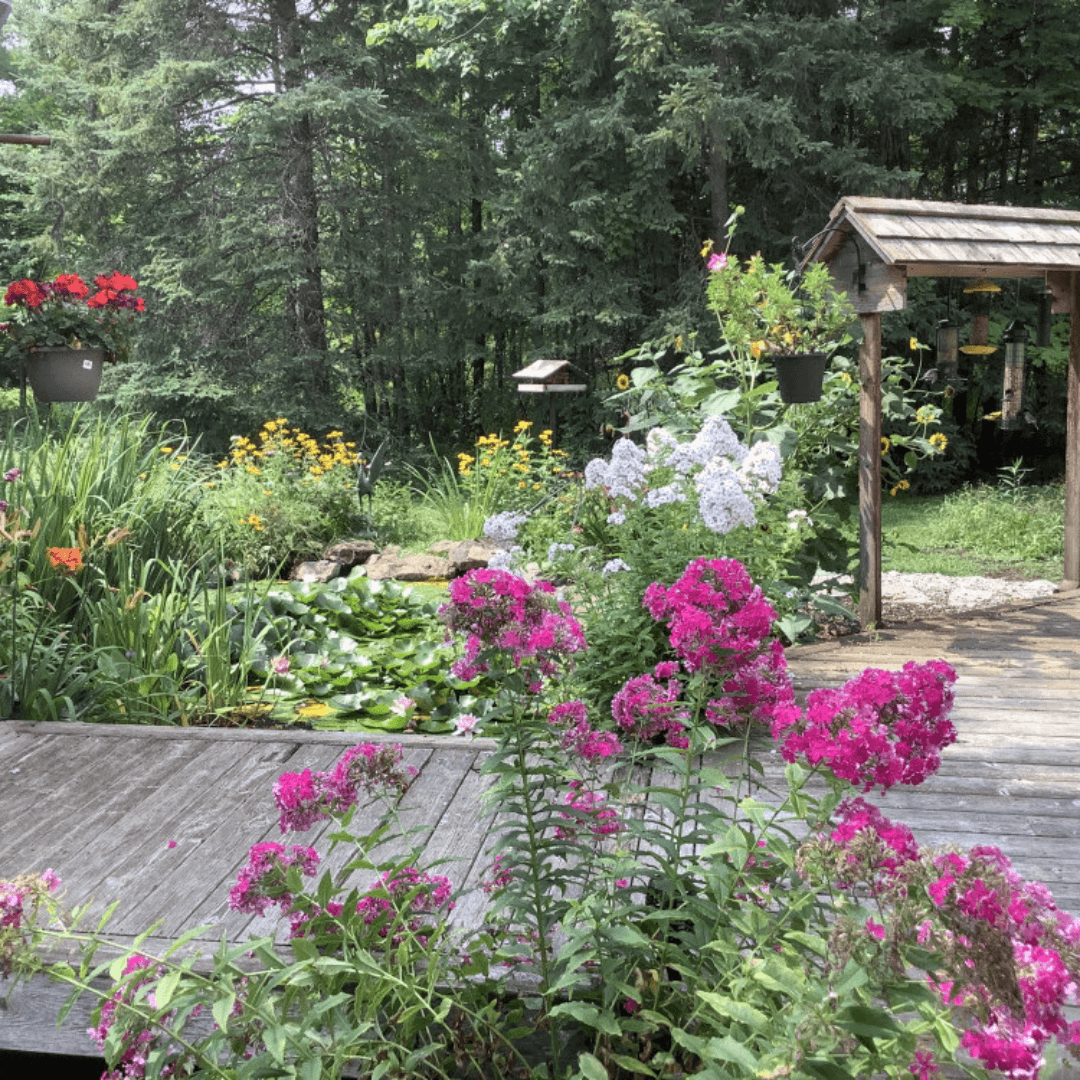
What Is Ecotherapy?
Ecotherapy is a therapy based on the idea that nature can be healing and meaning-making. It's a combination of outdoor recreation, exercise, education and therapy.
The goal is to heal people through the “power of place,” the power plants have on our bodies.
Ecotherapy was born from the idea that humans are physical beings and spiritual beings living in a natural environment.
Ecotherapy is a mental health practice that promotes physical exercise and nature to improve mood and reduce stress.
It was developed in Germany in the 1970s by Dr. Hans Selye, who noted that people with stress-related disorders often find relief in outdoor activities.
As an alternative therapy, ecotherapy focuses on the body, not just on the mind. The term is derived from “ecology” because it uses nature to help you understand your body's need for balance and relaxation.
In addition to enjoying the beauty of nature, ecotherapy has been found beneficial for many different types of mental illnesses like PTSD, bipolar disorder and depression.
Research shows it can also improve physical health conditions like chronic pain, asthma or heart disease.
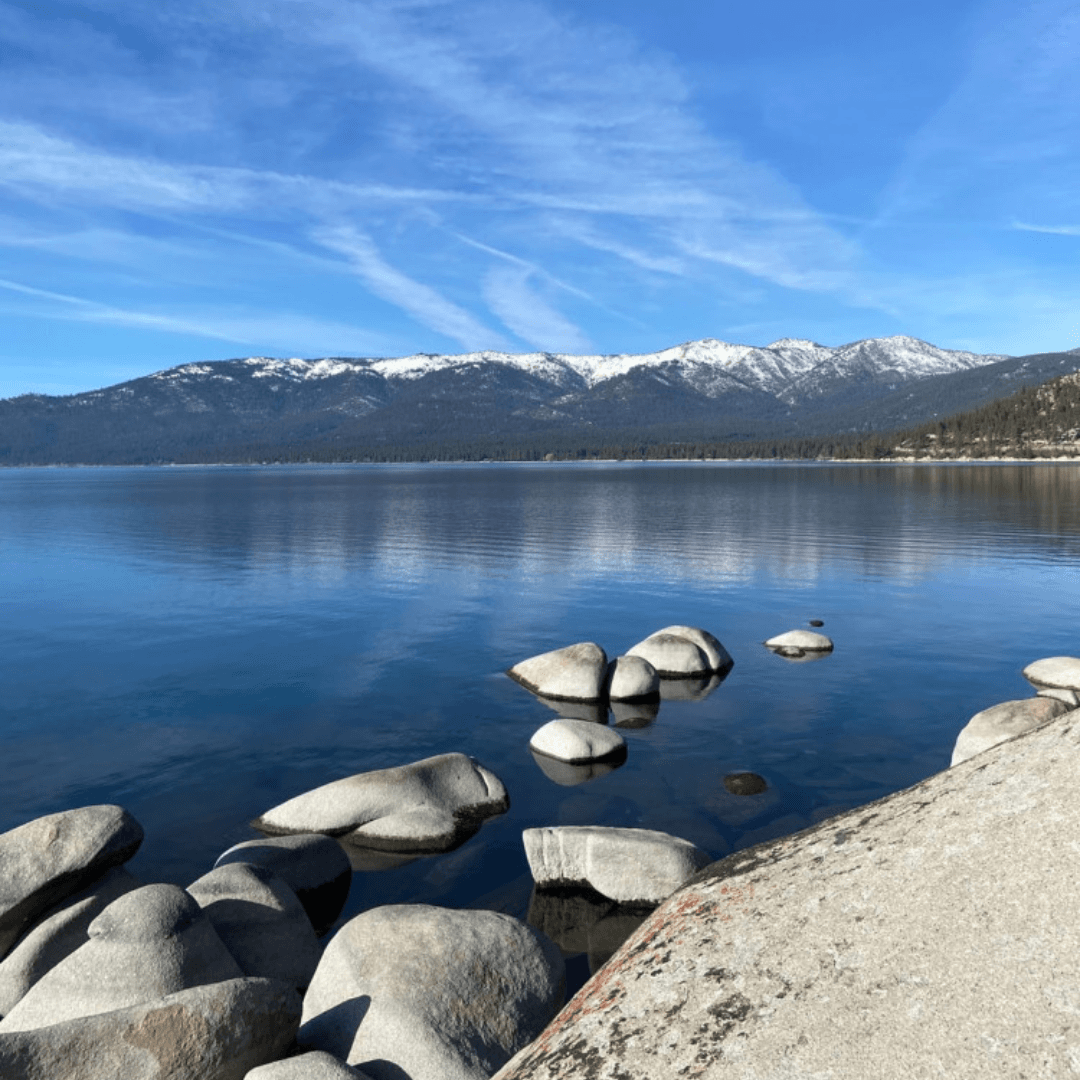
Nature Heals
There are many benefits of spending time in nature. Nature helps to relieve stress and anxiety, calm your nervous system, and improve your mood. It also increases feelings of happiness and well-being.
A study in the Neuroscience and Biobehavioral Reviews found that people who walked in a natural setting showed increased levels of serotonin, dopamine, and oxytocin in their brains.
Serotonin is associated with happiness and well-being, and dopamine helps to regulate attention, concentration, and focus.
Oxytocin helps to build trust in relationships. These neurotransmitters are released when you engage in relaxing activities such as walking or gardening.
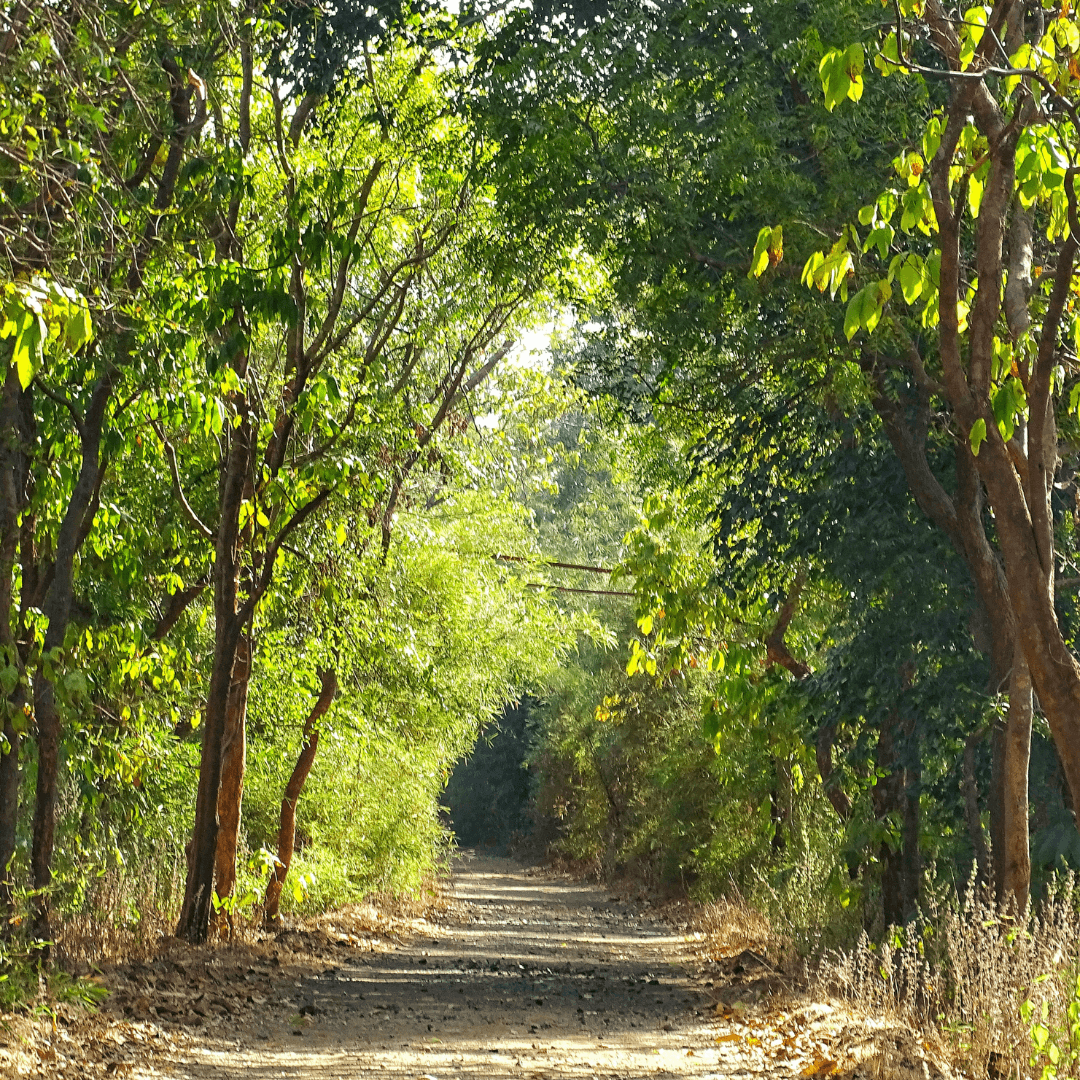
Nature Soothes
As you walk through a forest or sit by a stream, your attention is focused on the present moment the natural environment surrounding you. Your senses are heightened, and your brain waves slow down.
You might even feel soothed by nature. Appropriately called “nature's antidepressant”, this is not an isolated phenomenon.
Researchers have found that people who spend time in nature are less likely to experience symptoms of depression, anxiety and stress than those who do not.
Nature also balances our nervous system: if you're feeling anxious or stressed out, being in nature will help reduce any negative effects of the experience and improve your moods.
Studies suggest a natural setting can help relieve stress and anxiety, improve mood, and boost happiness and well-being.
The physical and mental health benefits of spending time in nature include improved sleep quality, reduced risk of heart disease, stronger immune system function, improved mood and fewer feelings of chronic stress.
So go out into nature with your friends or family to boost your mood and get some peace while you enjoy the beautiful outdoors.
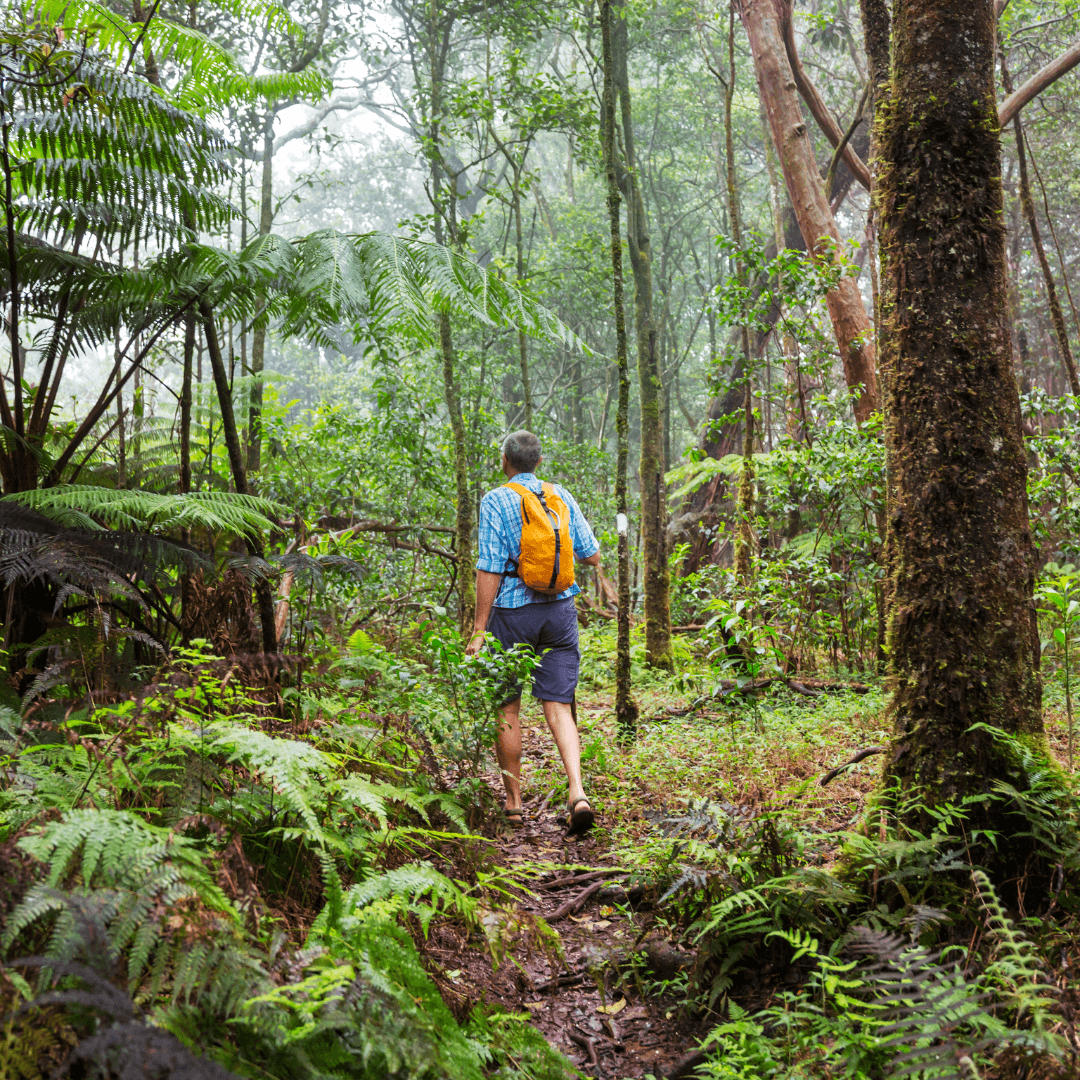
Nature Restores
Nature is a way to restore balance in your life and body. Humans evolved in nature, so it's natural to seek out the natural world during stressful times.
Nature has been shown to decrease stress hormones and increase positive ones, like dopamine and serotonin, which can help you feel more relaxed.
And that's not all: studies have shown that our sense of smell is more acute in a natural environment than in an urban one.
That means your brain is more tuned into your surroundings – everything from smells to sounds — because there are fewer distractions for your brain.
So, whether you're spending time at the beach or just walking outside on a sunny day, nature will help you de-stress in ways that city life can't provide.
The great outdoors has a calming effect on us. If you’re stressed or anxious, try going outside to a natural setting where the sights, sounds and smells are more appealing.
Walking in the woods can help clear your head of negative feelings and thoughts. Spend time in nature and return to work refreshed and ready to handle daily challenges.

Nature Connects
If you ask two people, “What is nature?” they might give you two different answers and have different connections with it.
A water source, a waterfall, or the serenity of the forest may all be considered by some to be in nature. The term “nature” encompasses everything that is not human-made.
Whatever humans do, their brains are wired to connect with nature. This can help relieve stress and anxiety, improve mood, and boost happiness and well-being.
So whether you're pursuing a long hike in the woods or seeking a calming meditation session at a park by a river, don't forget to take the time to reconnect with nature.
In the same way that nature connects us with our core selves, it also can help us understand and improve the quality of our relationships. Nature is a force that helps us connect to ourselves and others in new ways.
One study cited in the book Healing Gardens found that people on a 12-day ecotherapy retreat could recognize how their outside environment impacted them.
They saw how their emotional reactions changed once they spent time in nature. The results showed that participants experienced a deeper emotional connection with themselves and others when they engaged in heart, which led them to make positive changes in their relationships.
Too Much Time In Front Of Screens Is Deadly
Unsurprisingly, people often turn to nature when they feel overwhelmed or stressed.
Research has shown that spending too much time in front of screens and the overuse of phones and social media is incredibly detrimental to our mental health.
A lack of exposure to nature is linked with depression, anxiety and other psychological disorders. The dangers of screen time are well-documented.
A recent study found that children who spend more than two hours per day on screens were four times as likely to develop depression or anxiety than those who don't.
Additionally, a lack of outdoor activities during childhood can lead to obesity later in life and an increased risk for heart disease.
The research is clear: too much time in front of screens is deadly. The blue light emitted by screens can disrupt our circadian rhythm and reduce the amount of sleep we get.
There are also studies showing that it can cause eye strain and hand tremors, as well as dry out our skin.
And if you're not getting enough sleep, your mood will worsen and you'll be more likely to suffer from depression.
Too much screen time has other consequences, too. It's been linked to obesity, diabetes, cardiovascular issues, gastrointestinal problems, cancer and other health concerns.

Conclusion
Nature has a lot of benefits. If you're looking for a way to relieve stress or just want to spend time with nature, head out to the nearest forest. Not only will nature help you feel better, but it can also help you feel less alone.
Most people struggle with stress and find it difficult to cope with the day-to-day challenges that come with it. However, spending time in nature can help relieve stress.
Even just a few minutes can help reduce levels of cortisol. Nature is a place to escape and can also be used as a form of therapy.
Nature restores and soothes us, allowing us to connect and heal. Moreover, spending too much time in front of screens can harm your mental and physical well-being.
I trust you enjoyed this article on Does Nature Relieve Stress? Please stay tuned for more blog posts to come shortly. Take care!
JeannetteZ
>>>Please click here to read my all-inclusive article about A Comprehensive Guide To Healing Naturally<<<
>>>Are you interested in Natural Healing through Herbs? Please click here for my #1 Recommendation<<<
Your Opinion Is Important To Me
Thoughts? Ideas? Questions? I would love to hear from you. Please leave me your questions, experiences, and remarks about this article on Does Nature Relieve Stress in the comments section below. You can also reach me by email at Jeannette@Close-To-Nature.org.
Disclosure
This post may contain affiliate links. As an Amazon Associate and other affiliate programs, I earn from qualifying purchases at no extra cost to you. Please read my full affiliate disclosure.
You might also enjoy these blog posts:
Best Ways To De-Stress And Be Relaxed In Nature
How To Prepare To Plant A Vegetable Garden
The Most Stressful Cities In The World
Why Is Wildlife Important And How Can We Protect It

